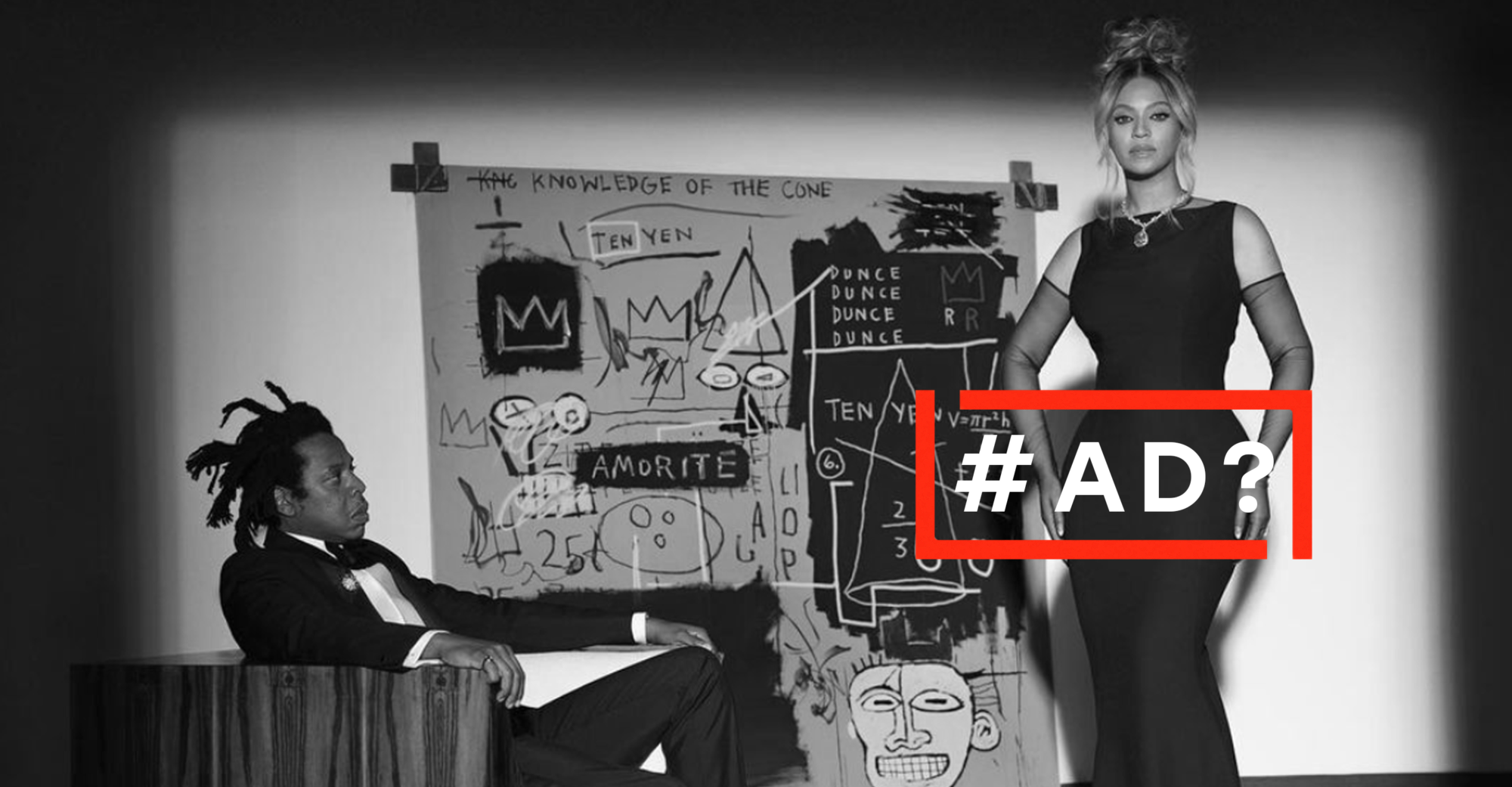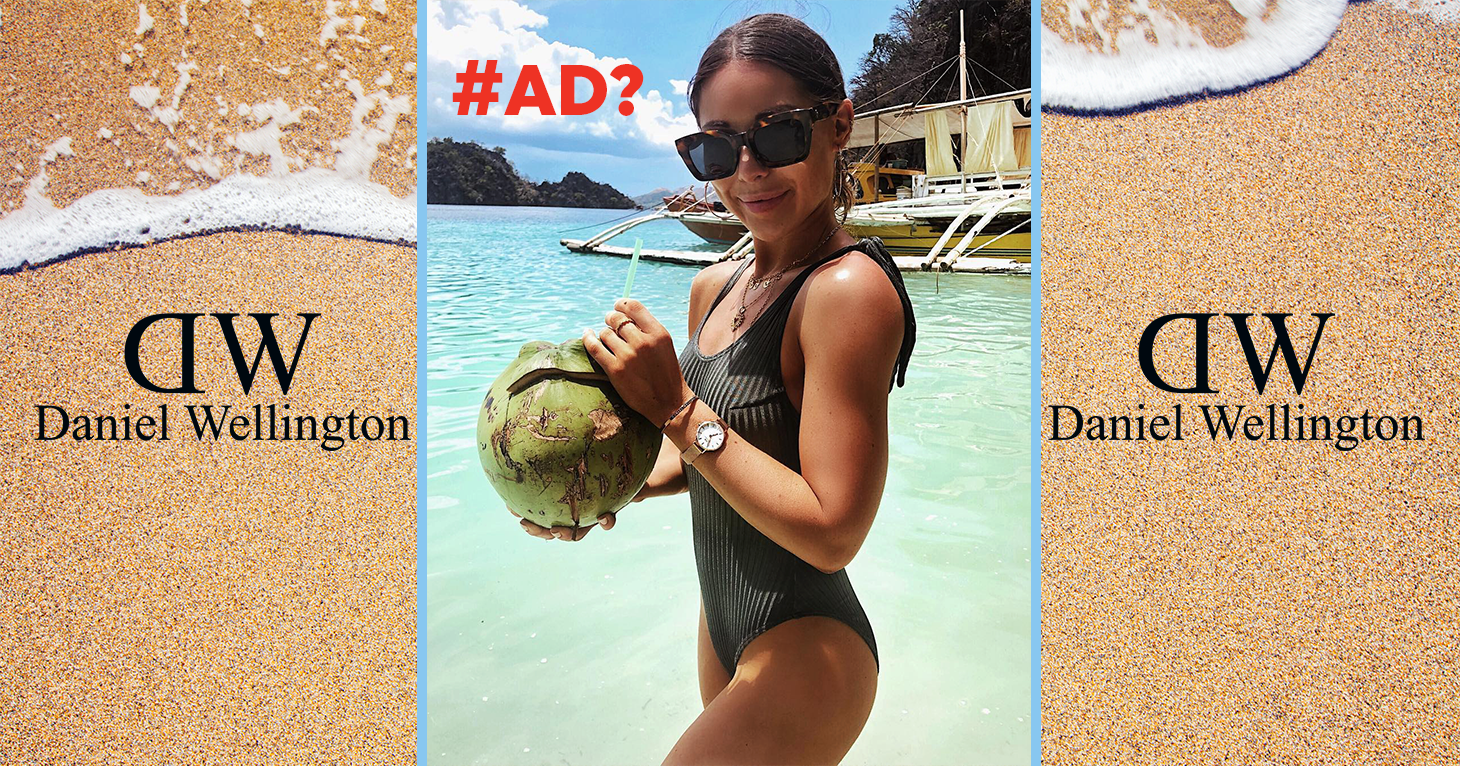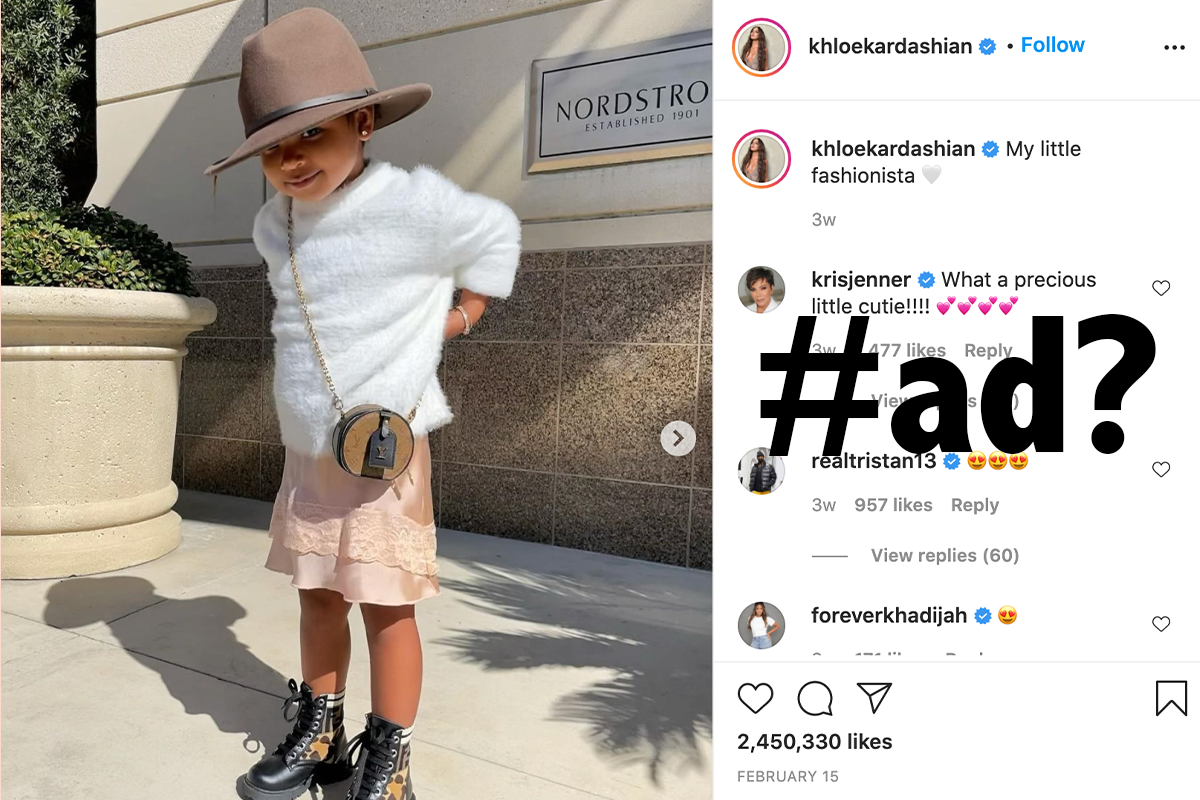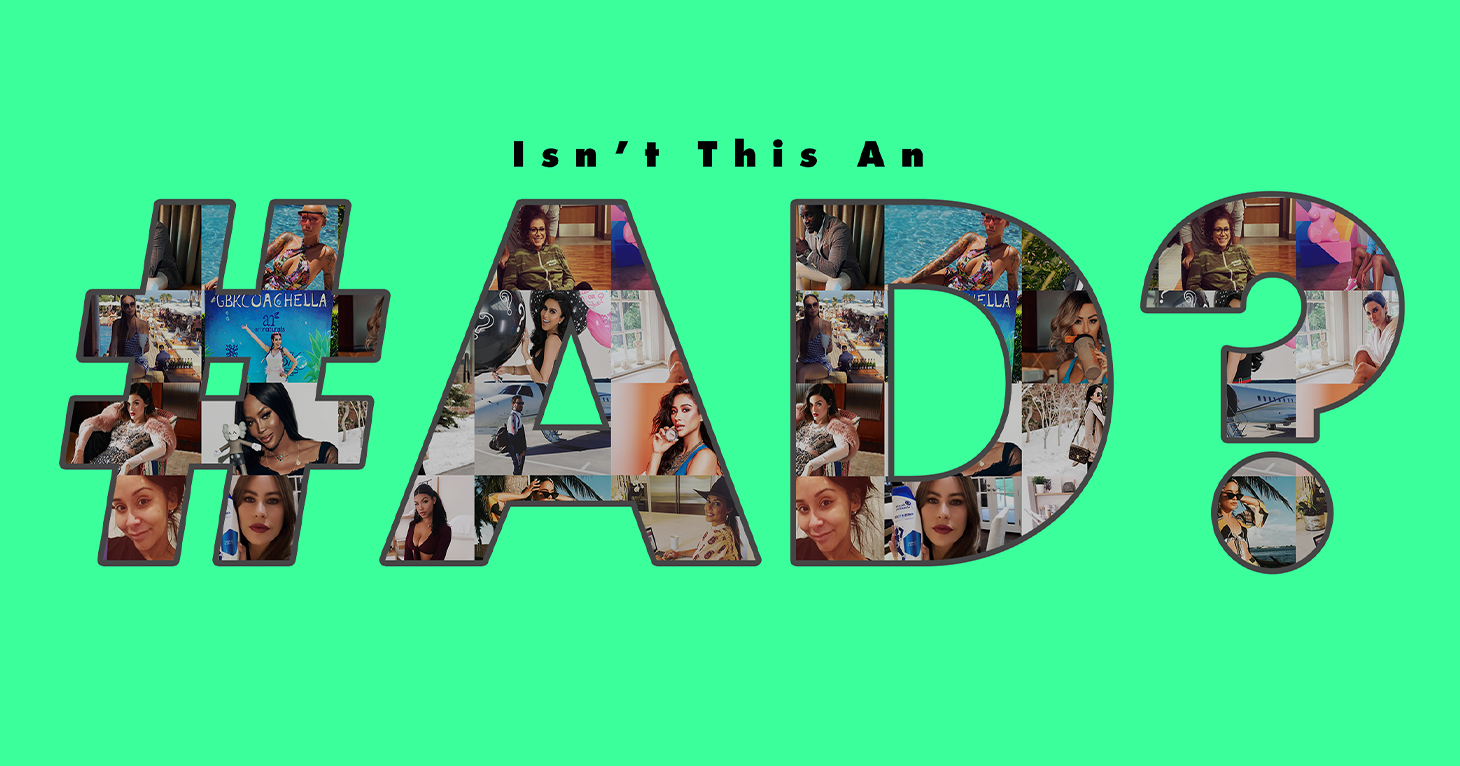
Ad or Not? Beyoncé and Tiffany & Co.
Why Queen B may need to “Check on It” before endorsing brands on Insta.
The time for an influencer to disclose his or her material relationship with a brand is now.
If you want an idea of the effect When an individual (or cute pet) promotes a good or service, primarily on social media, because they were paid to do so, or because of a material connection between the person (or pet) and the company can have on a brand, consider the rise of Daniel Wellington. In six years, the Swedish watch company has gone from a reported $1,500 investment to a $220 million operation on the backs (or, more precisely, wrists) of social media influencers.
It’s not rocket science: Daniel Wellington sends a free watch to an influencer and in return the influencer snaps a photo wearing the watch and shares it on Instagram, making sure to give a shoutout to the brand in the caption. It’s so simple that some influencers forget to #ad it.
Case in point: this Instagram post by British reality TV star Louise Thompson. Even after the Advertising Standards Authority (The Advertising Standards Authority (ASA) is a self-regulatory body that monitors advertising in the United Kingdom.) in the U.K. found the post in violation of its advertising code for not being “obviously identifiable as a marketing communication,” in that it lacks a clear identifier such as #ad, the post still fails to properly disclose the celebrity’s material relationship with the watch brand:
In response to the inquiry, Daniel Wellington confirmed that it had a written contract with Thompson that stipulated she disclose #sponsored or #ad at the beginning of a post so that her followers, of which there are more than 1 million, don’t have to click “show more” to see it (note: on Instagram, if a caption is long, usually four lines or more, only the first three lines or so show up in a mobile user’s feed). Yet the only apparent modification to the post is the addition of Instagram’s own “paid partnership” label, a type of built-in disclosure that the FTC has stated may not cut it on its own.
ASA said the inclusion of a personalized discount code — “LOUISE” — differed some from Thompson’s non-sponsored IG content but not enough to warrant the omission of a clear advertising label. It found the influencer and brand “jointly responsible” for ensuring proper disclosure and indicated it would be keeping watch in the future:
We told Louise Thompson and Daniel Wellington AB to ensure that in future their ads were obviously identifiable as marketing communications, for example, by including a clear and prominent identifier such as “#ad.”
For more of TINA.org’s coverage of influencer marketing, click here.
Why Queen B may need to “Check on It” before endorsing brands on Insta.
Impromptu family fashion shoot or something less innocent?
TINA.org finds 95 percent of social media influencers previously put on notice by the FTC breaking the law.


